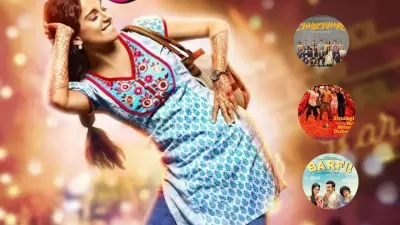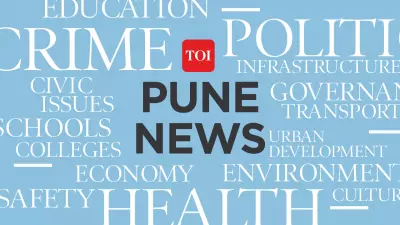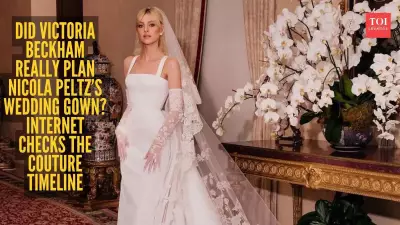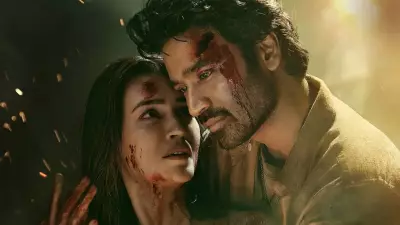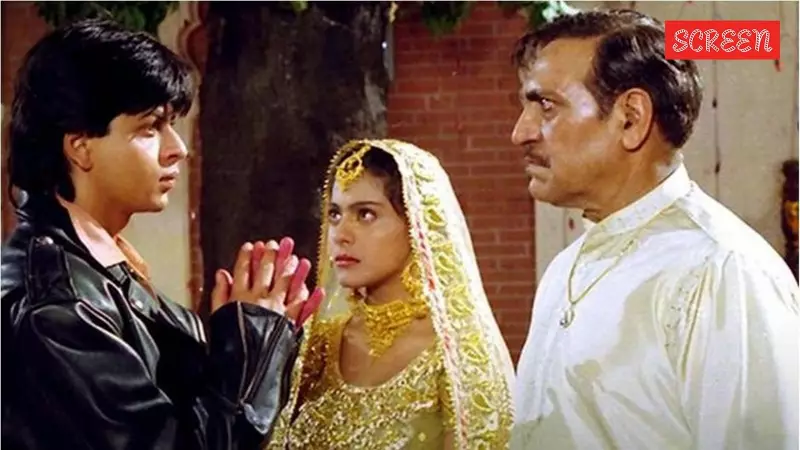
In a stunning revelation that recontextualizes one of Bollywood's most beloved romances, insiders from the making of Dilwale Dulhania Le Jayenge have disclosed Aditya Chopra's deliberate philosophical stance against rebellion.
The Unspoken Directive Behind Cinema's Greatest Love Story
While DDLJ appeared to champion young love and progressive values, the film's creator secretly embedded a powerful message about respecting traditional authority figures. According to sources close to the production, Aditya Chopra consistently instructed his team: "Don't rebel and question authority figures."
Bollywood's Conservative Revolution
This revelation transforms our understanding of the 1995 blockbuster that ran in Mumbai's Maratha Mandir cinema for over two decades. Rather than encouraging outright rebellion against parental authority, Chopra crafted a narrative where the protagonists ultimately seek approval from their families.
The film's famous climax doesn't feature the lovers eloping but rather Kajol's character waiting for Shah Rukh Khan to convince her father. This wasn't accidental storytelling but a carefully constructed philosophical position that respected traditional Indian family values while appearing modern.
The Genius of Balanced Storytelling
What made DDLJ truly revolutionary was its ability to balance progressive romance with conservative values. The characters pushed boundaries but ultimately operated within the system, creating a template that would dominate Bollywood for generations.
This approach explains why the film resonated across generations—it offered the thrill of rebellion without the consequences of actually dismantling traditional structures. The lovers challenged authority but ultimately sought its blessing.
Twenty-eight years after its release, this new understanding of DDLJ's core philosophy reveals why it remains culturally relevant. In an era of increasing polarization, Chopra's message of respectful negotiation between generations feels more timely than ever.


